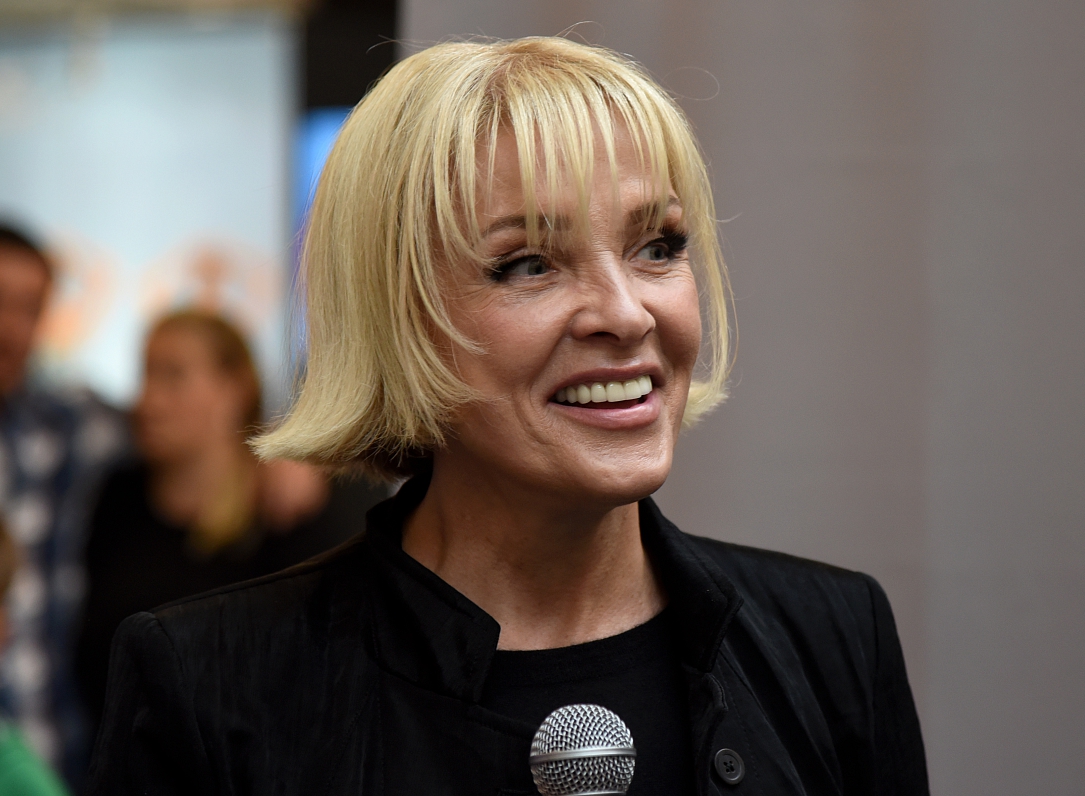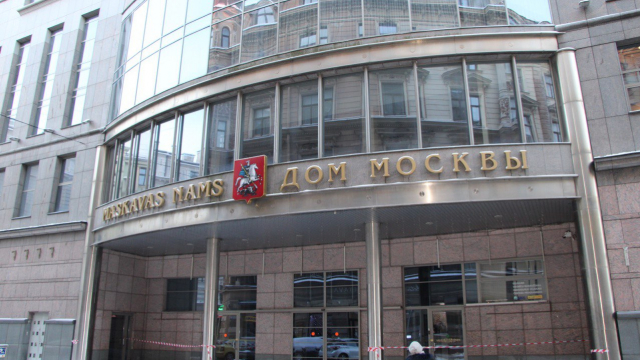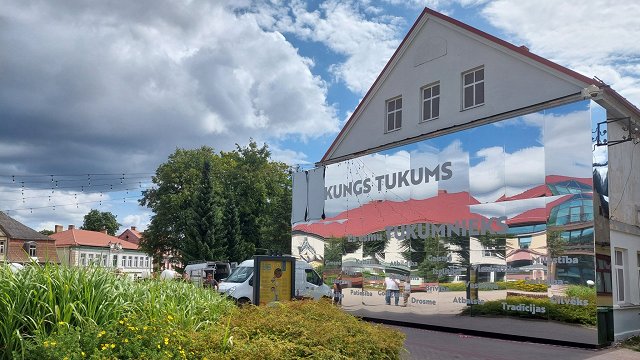According to CEPA, using the BBC and Russian media sources, Vaikule faced the prospect of being shunned in Russia after appearing to rule out singing in Crimea, which was illegally annexed by Russia in 2014.
"Vaikule, who is well-known and popular in Russia, faced criticism from Russia’s politicians and dozens of artists after she told the Ukrainian press that she would never perform in Crimea and that she is not nostalgic about Soviet times," said CEPA.
The row centered on whether Vaikule's opposition to performing in Crimea was the result of taking a definite stand against the occupation of the peninsula or the result of a mistranslation or misinterpretation of her words.
.@udre_anna explores how the Kremlin leverages pop culture to further its #infowar aims. https://t.co/V8yXhANbZh #CEPAStratCom pic.twitter.com/L9UVIwb8OO
— CEPA (@cepa) October 23, 2018
Criticism from Russian officials resulted in a clarification from the singer, whose collaborations with Latvian composer Raimonds Pauls in the 1980s have achieved legendary status. For more than thirty years she has been a major star in both Latvia and Russia.
"On 25 August, Vaikule appeared on Russian national television and explained that her answer was misinterpreted and that what she actually meant is that the law forbids her to travel to Crimea, not that she would not want to perform there. After the TV anchor asked if she would go to Crimea if there was no Latvian law forbidding that, the pop singer answered positively and the crowd clapped joyfully," reported CEPA.
The think-tank interpreted the affair as having geopolitical significance.
"The Vaikule incident shows how the Kremlin can use popular entertainment and the large commercial profits that the industry generates to shape public opinion – a key foundation of its foreign policy," said CEPA.
"Some popular performers, such as Vaikule... are vulnerable to the Kremlin’s manipulation of their celebrity as Moscow tries to advance preferred narratives abroad," it concluded.
Vaikule is by no means alone among Latvian performers in having a major following in Russia, which has a much larger potential audience than the small Latvian market and can potentially offer bigger paydays for performances.


























